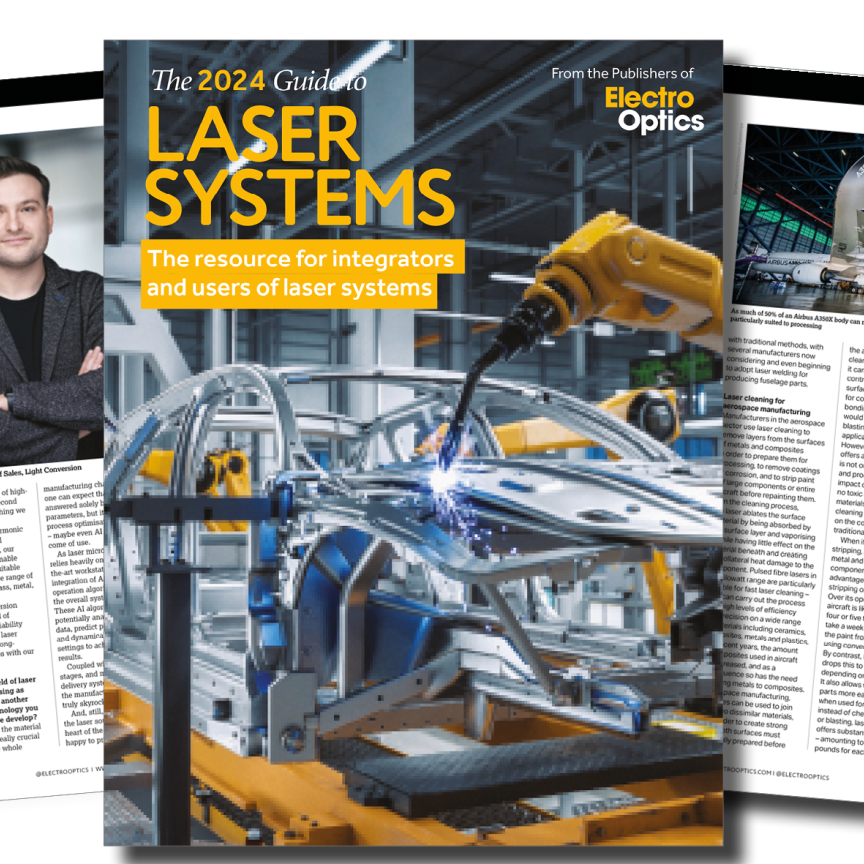Laser Zentrum Hannover (LZH), a German laser technology research firm, is developing a biohybrid cardiac pacemaker that uses targeted optical stimulation to treat cardiac arrhythmia. The project is underway in cooperation with partners in the fields of photonics, optogenetics, nanotechnology and medicine.
The Biohybrids for Photon-Activated Cardiac Excitation (BioPACE) project aims to develop biohybrid implants for the light-induced cardiac excitation, defibrillation and stimulation of skeletal muscles. The new technology uses optical impulses to stimulate contractions of the cardiac muscle, as opposed to using the electrical impulses of conventional pacemakers. The optical approach provides a gentler stimulation of cardiac tissue than electrical methods, providing an improved cardiac arrhythmia treatment.
Parts of the new pacemakers will consist of biological material made up of the patients’ own cells to minimise rejection reactions from the body. These cells are doped with upconverting nanoparticles, which cause the cardiac muscle to contract in response to an optical stimulation. The impulse is imparted to the surrounding cells, causing the cardiac muscle to contract. The LZH researchers are currently focused on the coupling and distribution of the light within the cardiac muscle.
BioPACE is being coordinated by LZH, however entities from across a variety of fields also contribute towards the project. The Hannover Medical School provides the expertise in cell fabrication and implementation required to carry out the project. Medical product consultancy firm LifePhotonic provide the required fibre optical waveguides, and the converting nanoparticles are supplied by the Center for Applied Nanotechnology. The applications of the new technology on the cardiac muscle are explored by the Universitätsklinikum Bonn.
The project is being supported by a three-year funding programme within the scope of the funding initiative ‘Photonik Plus – new basic technologies in optics’.
Further Information:

